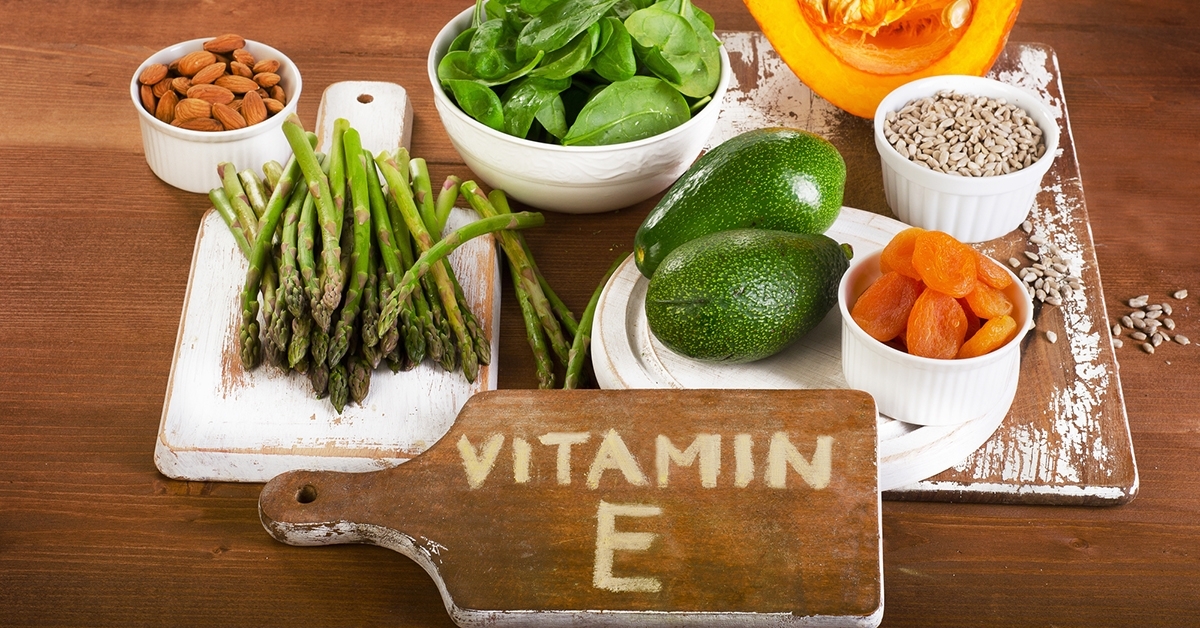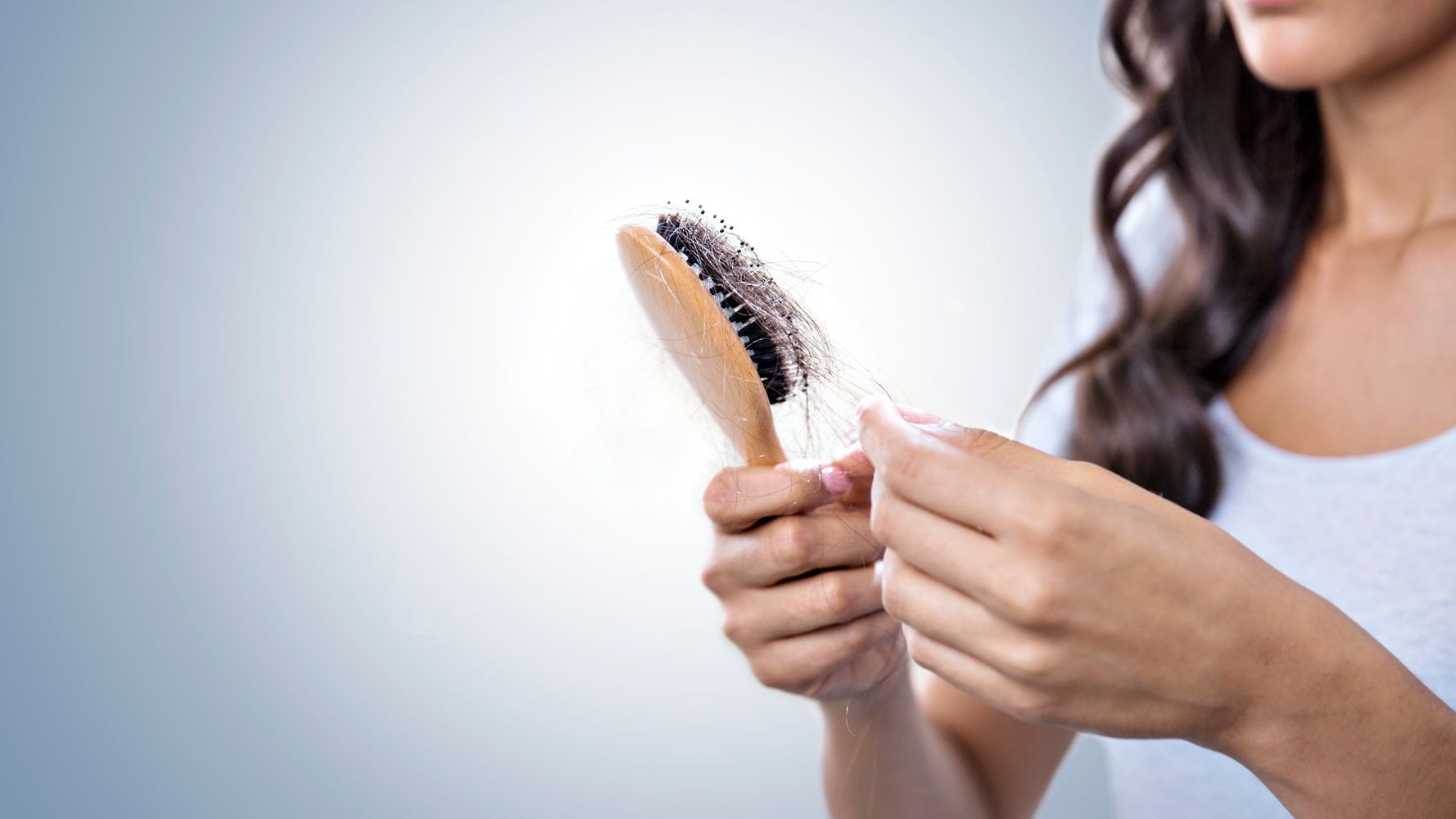Your hair reflects your general health and well-being and serves as more than just a decoration. Rich, healthy hair can improve your appearance and give you more self-confidence. Your hair is an integral component of your body, not just a collection of dead cells. Since keratin, the protein that makes up hair, a balanced diet high in protein is necessary for healthy, colorful hair. We will explore all of the different natural and effective techniques to how to know if your hair is healthy in this article

what does healthy hair look like female
Females with healthy hair have a bright, shiny appearance. It is frequently shiny, which shows that the hair cuticle is healthy and smooth. In addition to being generally elastic and nice to the touch, healthy hair can stretch and return to its initial shape without breaking. It also has a propensity to be thick and uniformly textureed from root to tip, with little to no thinning or breaking.
Split ends and frizz are usually absent from healthy female hair, which is also easy to manage and requires nothing in the way of styling products or heat treatments to preserve its natural beauty. It also doesn’t seem worn or drab, maintaining its original hue. All things considered, bright hair expresses life and is a reflection of a balanced lifestyle with regular hair care.
Women should prioritize eating a balanced diet, drinking plenty of water, and utilizing gentle hair care products that are appropriate for their hair type in order to create and maintain healthy hair. Split ends can be avoided with routine trimmings, and damage can be avoided by limiting heat style and chemical treatments.
Additional ways to promote healthy hair include applying deep conditioning treatments and protecting hair from excessive sun exposure. It’s important to remember that everyone has different ideas about what defines healthy hair because of things like genetics and hair type. To achieve and maintain a healthy, beautiful mane, you must recognize and meet your hair’s specific needs.
Avoid Performing a Scalp Treatment
When thinking about different scalp treatments, it’s important to proceed cautiously in the goal of healthy hair and beautiful locks. Even though these types of treatments frequently ensure amazing outcomes, they occasionally have the opposite effect. For the scalp to function at its best, a delicate balance of skin cells, sebaceous glands, and hair follicles must be maintained.
Treatments that are too harsh or excessive, such chemical peels or demanding exfoliation, can upset the balance and cause problems like excessive dryness, inflammation of the scalp, or even hair loss. Thus, in order to make sure that you’re not accidentally compromising the health of your hair, it’s imperative that you approach scalp treatments with consideration and moderation. You should also get advice from a dermatologist or trichologist as needed.
Adopt an all-encompassing approach to hair health rather than diving right into scalp treatments. This include eating a balanced diet, drinking plenty of water, and following a regular hair care schedule that suits your hair type and requirements. When it comes to moisturizers and treatments, try to limit how much you use on your scalp and instead choose mild, nourishing ones. You’ll be more likely to attain the shiny, healthy hair you want while avoiding the potential drawbacks of overdoing scalp treatments if you approach hair and scalp care with caution and patience.

Benefits of vitamin e for hair fall
The many benefits of vitamin E including preventing hair loss and enhancement of general hair health. Strong antioxidant qualities of this necessary nutrient help shield hair follicles from oxidative stress and damage from free radicals. Vitamin E boosts hair growth by enhancing blood circulation to the scalp, ensuring that hair obtains important nutrients and oxygen for maximum vitality. Additionally, it nourishes the scalp to avoid flakiness and dryness, both of which can cause hair loss. Vitamin E is an important supplement to any hair care routine because it can help create thicker, stronger hair.
Fruits for hair growth and thickness
Fruits have the power to substantially boost the thickness and growth of hair. Berries, citrus fruits, and bananas are just a few examples of fruits that can give your hair a healthy boost because they are full of important vitamins, minerals, and antioxidants. Vitamin C from these fruits helps produce the protein collagen, a protein that is essential for strong, healthy hair structure. Furthermore, fruits high in biotin, like strawberries, promote general hair health, while avocados and papayas provide good fats that help keep hair moisturized. Consuming a range of these delicious fruits can help you achieve thicker, more glossy hair, so they’re a healthy and delicious complement to any hair care routine.

how to know if your hair is healthy
Many people want to keep their hair healthy, and there are a few important markers that can help you analyze your hair’s condition. The shine and smoothness of hair are two of the most important indicators of good health. Smooth to the touch and naturally shiny, healthy hair usually possesses these qualities. A dull, lifeless appearance could indicate dryness or damage to your hair. An further telltale indicator of healthy hair is the lack of breakage and split ends. Split ends, which can make your hair appear frizzy and damaged, can be avoided with regular trims and good hair care habits.
Think about the flexibility of your hair when considering its health. Hair in good health can stretch and return to its original shape without breaking. Your hair may be damaged or lacking in protein if it breaks easily when stretched. Consider your hair’s moisture content as well. In contrast to very dry hair, which can become brittle and more prone to breaking, well-hydrated hair is silky and manageable. Finally, be aware of any noticeable changes in hair texture or severe hair loss, as these may indicate underlying health problems that need to be addressed by a professional. Maintaining healthy, colorful hair can be assisted by balanced nutrition and routine hair care.
The Role of Diet and Nutrition in Hair Health
Protein for Stronger Hair :The building block of hair is protein. To provide your hair the amino acids it needs to grow, make sure your diet includes lean meats, fish, eggs, and legumes.
Vitamins and Minerals for Hair Growth :Minerals and vitamins such as biotin, C, E, and A are essential for hair growth. To obtain these nutrients, include a range of fruits and vegetables in your diet.
Conclusion
We’ve covered a lot of ground in this comprehensive guide when it comes to enhancing your hair health. You can have the beautiful locks you want by following a well-balanced diet, using the right hair care products, abstaining from bad habits, and looking into natural therapies. As always, consistency is essential, and stress management is crucial for general wellbeing.


